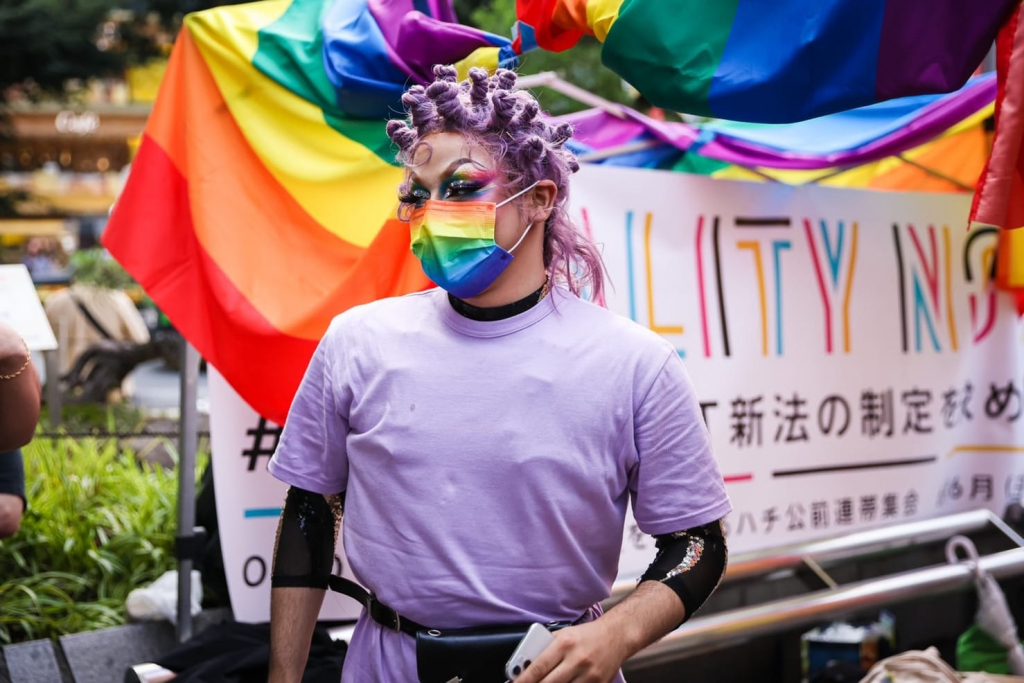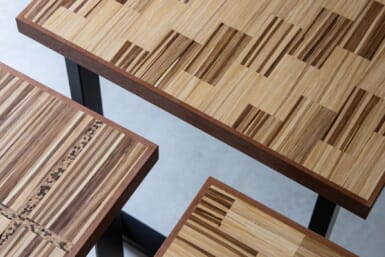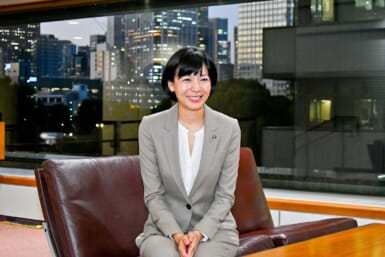With her exquisite face, curvy body, famous body hair and notoriously large padded posterior, drag queen Labianna draws crowds expecting a sex goddess. But when she pulls out an enema bulb and starts instructing her audience on proper anal hygiene, they quickly realize she’s a sex counselor too.
“When I’m in drag queen mode, there’s a power to my words,” says Labianna. “Tons of queer people come out to the clubs looking to party. So, it takes them by surprise that I’m educating them when they least expect it.”
Labianna hails from a great tradition of drag queens who precede the fashion and showbiz world of RuPaul’s Drag Race. Embodying a highly political form of entertainment, laced with gender subversion, drag queens and kings emerged in the 1960s as the leaders of the global LGBTQ+ rights movement. They are the mothers of queer found families (or hauses) and the mentors and unofficial counselors of queer youth as the HIV and AIDS epidemic ravaged the gay communities. Always the loudest and the most visible, these drag performers lead protests, march in Pride demonstrations and during the Stonewall uprising they hurled the first brick.
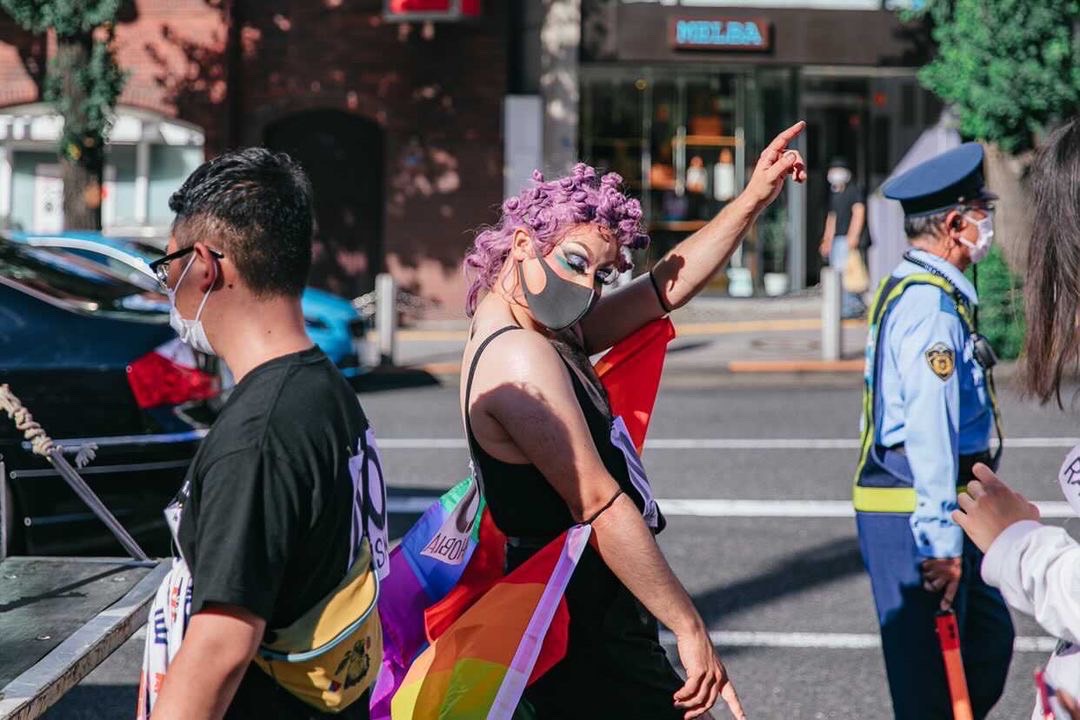
For Labianna, the mission that calls to her is bringing safer, positive and fulfilling sex to the gay community of Tokyo and to the wider world.
“I don’t want the good students,” she says of the club-goers who watch her sex-themed drag shows. “I want the bad ones, the clubbers, the risk-takers. They’re the ones I want to interact with.”
Growing Up in Japan and (Not) Learning About Sex
Originally born in Brazil and moving to Japan at age three, Labianna enjoyed a playful childhood in a small town in Fukui Prefecture as part of a large, friendly Japanese Brazilian community. Raised straddling two cultures, countries and languages, Labianna experienced a shock when she moved to Aichi Prefecture at age 13, in the midst of early puberty.
“I was in middle school, already the second semester and I didn’t know anyone. For the first two years in Aichi, I had no friends. And my Japanese was rusty.”
To top it off, Labianna said her middle school had few resources or developed curriculum on sex health, giving her little support as she traversed puberty in her new home. As dictated by the Ministry of Education, Culture, Sports, Science and Technology, Japanese public schools do not teach sexual education so much as “sex-related guidance,” which usually comprises of lessons on sperm, eggs, pregnancy and the basics of condoms.
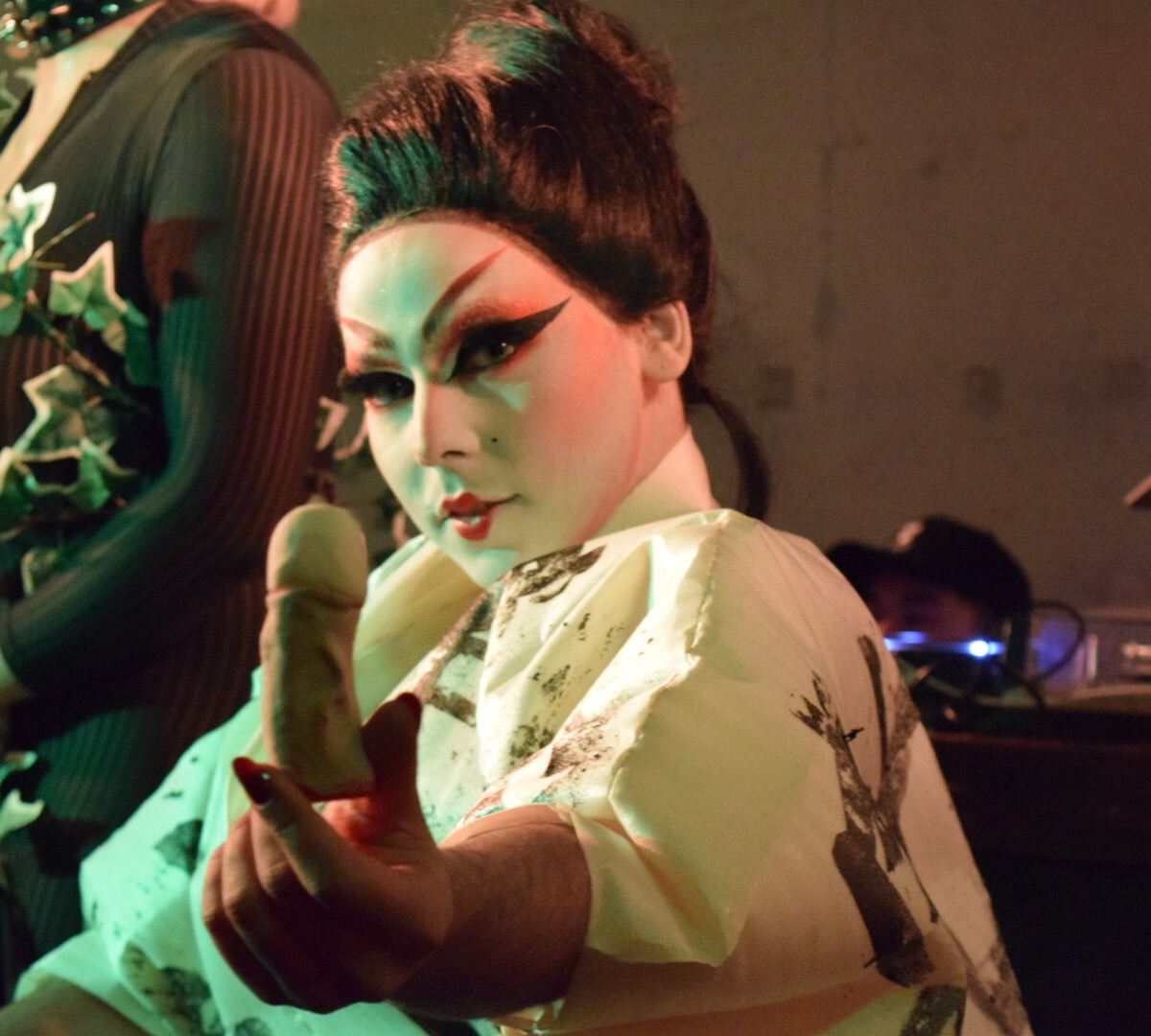
“It was very bland, very basic,” Labianna says. “There was very little contraception talk beyond condoms. They don’t teach about sex or relationships or power dynamics at all. And there was nothing for LGBTQ people like me. I was completely on my own.”
Among developed countries, Japan lags behind in sex education and resources, according to this NHK article. Since 2009, UNESCO has been advocating for comprehensive sex education, where children are introduced to a wide range of sex-related topics from age five. This covers not only the biology of conception and birth, but also emotional and mental well-being concerning sex and relationships as well as how students can protect their rights and the rights of others.
Sex Ed in Japan: Experiences
Japan’s education system has changed little over the decades and the education public school students receive is minimal. That’s despite efforts to bring a healthier awareness to students. And often sexual minorities have struggled the most to come to terms with their identity in the vacuum.
One 43-year-old I interviewed, who chose to go only by Nishizawa, recalls his sex education in the 1990s as “about one hour in total out of three years of high school. The teacher’s pronunciation was so slurred I couldn’t understand what he was saying. And the students laughed out loud at all sex-related words.” As a gay man, Nishizawa says he learned nothing about minority sexualities in school.
“When I was old enough to have sex, I had to look up the missing knowledge on my own. My partner at the time taught me as well.”
Watanabe, 33, remembers it similarly. “I recall seeing a video of a birth, but it wasn’t explained in any particular depth. I never learned about LGBTQ topics in school. Someone came to explain about sexually transmitted diseases. But I was a child and the teachers didn’t want me to take it seriously.” Watanabe never received sufficient sexual health education until he contracted a sexually transmitted infection (STI) and went in for treatment. “Before, I just thought it wouldn’t affect me,” he says.
My last interviewee Tanaka is 25 and identifies as asexual and more or less aromantic. She remembers from high school having a practical lesson on putting a condom on a cucumber and learning some of the basics about avoiding STIs. Her education did not cover how to enjoy sex or have healthy and stable relationships. However, she admits she doesn’t find the topic relatable to her as an asexual person.
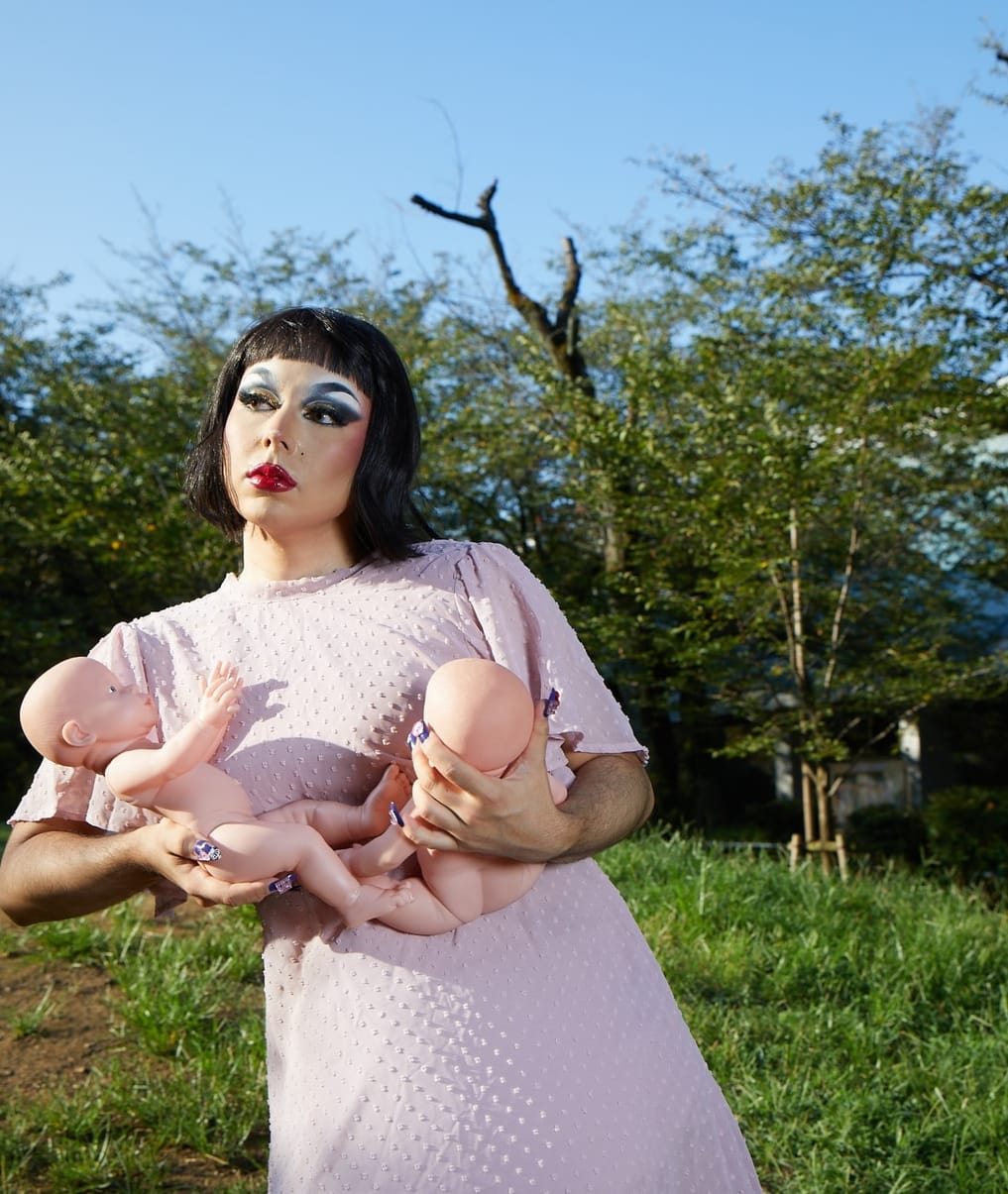
Labianna’s Day Job: Sex Ambassador
Labianna’s passion for promoting sexual health came when she was at university in Kanazawa. Talking to friends, she found her own frustration with her sex education reflected. She was disturbed by classmates who didn’t know gay people existed, who never got tested for STIs, or who relied on pulling out as their only contraception method. The education system was failing them.
“It’s this mentality that leads to undetected infections,” she says. “People are scared of what they don’t understand. So, there’s stigma around STIs. People would rather convince themselves they’re negative than get tested and know for sure.”
Also angering Labianna was the limited resources for pills and other contraception methods to empower women and other assigned-female-at-birth (AFAB) people.
“Condoms and pulling out both depend on the male partner’s desires if he will cooperate or not. But there needs to be more education on how people with vaginas can take control of their own bodies.”
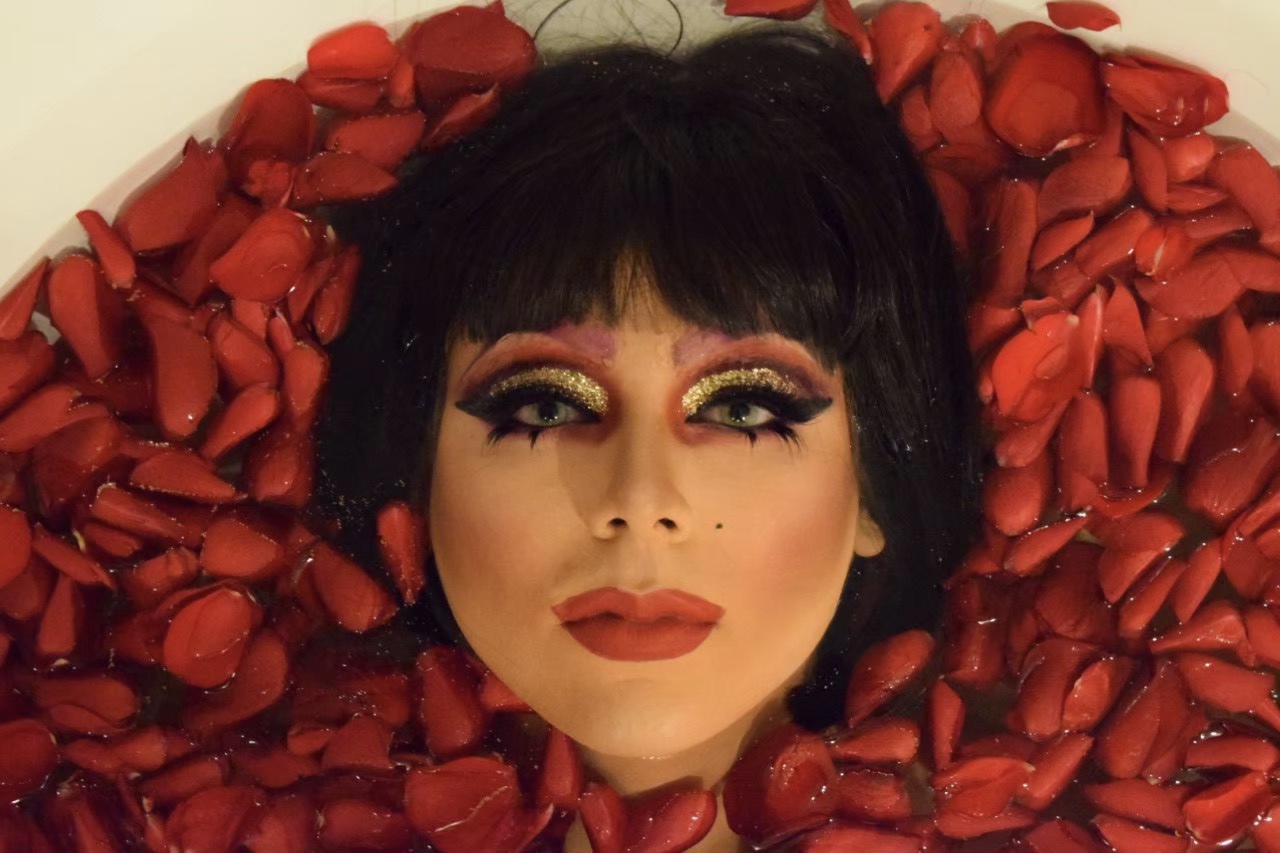
While still in university, Labianna began planning her career around sex health and education. She majored in international economy with a specialization in gender and environmental issues. A few years later, she landed her dream job in sales and marketing in the healthcare sector of a major sexual wellness company. In addition to recreational toys, her company designs products to help people with sexual dysfunction, fertility issues and gender issues. One of her main roles is collaborating with doctors and sexual health specialists to develop and promote goods and services to help patients with sexual issues. Another is convincing clinics to stock these products for their patients’ sexual wellness.
“We sell products used by obstetricians, gynecologists and urologists who all work with sexual medicine. These treat patients for everything from menstrual trouble to erectile dysfunction and infertility. For example, suppose you have delayed or premature ejaculation. We provide a soft vibrating masturbation aid (a modified version of one of our sex toys, actually) that helps people train their pelvic floor to control their ejaculations. We want people to be comfortable and happy, both physically and mentally, during the act of sex.”
The stigma against sex and sex-related products (even medical ones) hampers their progress.
“Doctors usually understand these devices are important, but the risk is high to have them on the shelves. There’s prejudice against dealing with these issues.”
In her spare time, Labianna researches various sex health materials for people of all sexes, genders and age groups.
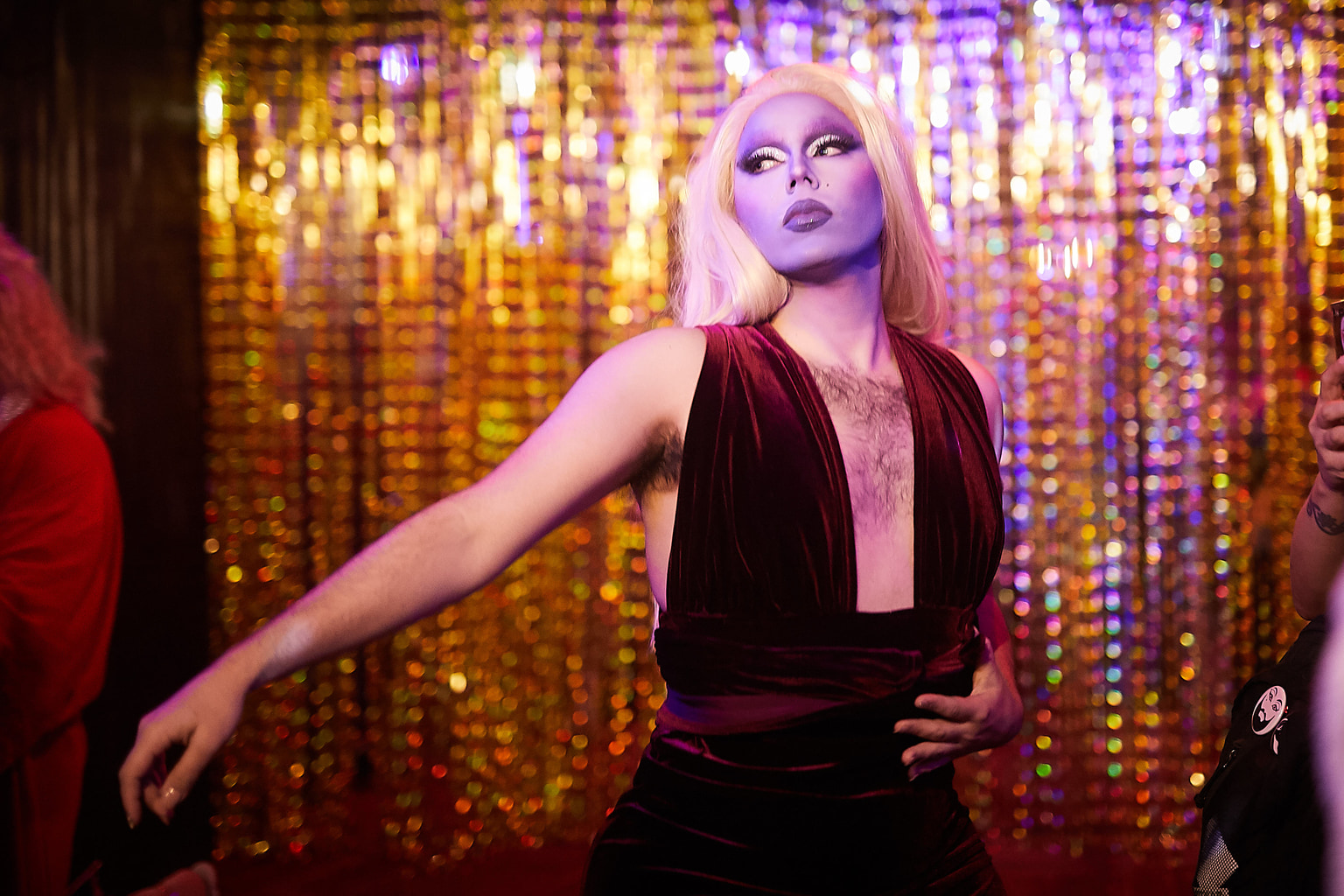
Labianna’s Night Job: Drag Queen Activist
Drag was always naturally appealing to Labianna, who has a background in dance and music as her creative outlets. Trilingual, talented and naturally warm and friendly, she mixes easily with queens both Japanese and foreign.
“I’ve always loved being on stage,” she says. “And also I love making people uncomfortable and drag is great for that. As Labianna, I have this pretty, feminine face but all this body hair makes people stop and think.”
Combining sex-positive activism with her drag was the ideal way to add passion to her hobby. It helps the vulnerable in Shinjuku’s Nichome district who are most in need of LGBTQ-inclusive sex education.
“I teach proper anal douching in one show. I also perform it on some people in the audience. But that’s only one of many performances I’ve done. Other themes I explore are chemical abuse, female sexuality, fetishization and postpartum depression. I’ve given birth to myself on stage before.”
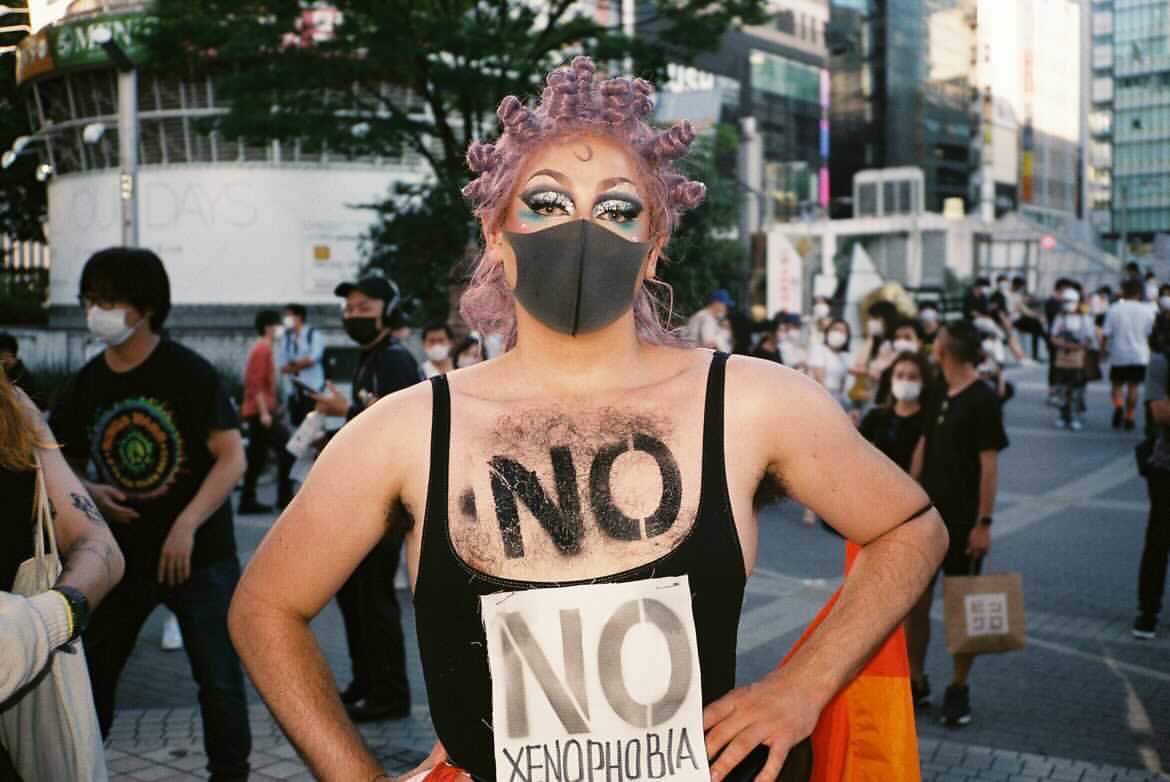
Fighting for a Better Future
Away from her shows, Labianna frequently appears in drag as an organizer and participant in events such as BLM Tokyo. She’s also taking part in the upcoming Sex Museum Japan exhibition and event. And she’s a member of the Japan Society of Sexual Science which distributes publications and informative materials promoting sexual health through clinical research and treatment.
In the future, though, Labianna dreams of combining her activist career with drag even more.
“I want to throw a real kiki ball, the way they were originally held in Harlem, where guests all get tested for HIV for free,” she says, referencing the kiki balls of the vogue scene. “I want to organize more events and more parties where everyone is welcome and everyone feels safe and understood. And I want to keep educating people more.”
Labianna dreams of a world where everyone grows up with comprehensive, queer-inclusive and empowering sex education. Until then, “get tested,” she says. “Power to the women, to the trans, to the nonbinary.”
Read more from our Queer Japan series:

